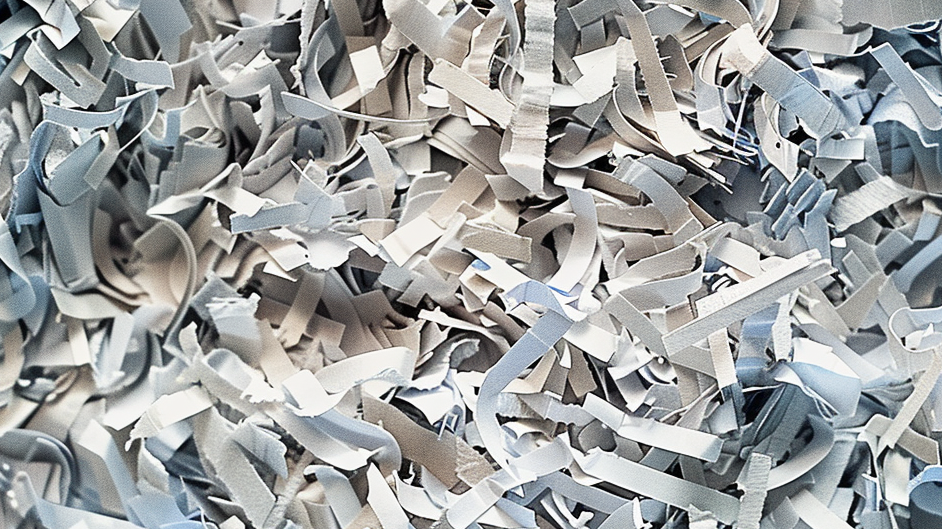
In the digital age, the focus on cybersecurity is paramount, yet the security of physical documents often flies under the radar.
For small businesses, the shredding of sensitive documents is not just a best practice but a necessity to safeguard against identity theft, data breaches, and the loss of customer trust. In this guide we’ll delve into the essentials of business shredding, and what you can do to help protect your paper trail effectively.
Understand the Risks
The improper disposal of business documents can lead to severe risks. Sensitive information falling into the wrong hands can result in financial loss, legal repercussions, and irreversible damage to your business’s reputation.
From employee records to customer data, every piece of paper you discard could be a potential goldmine for identity thieves.
What Needs to Be Shredded
Deciding what needs to be shredded is the first step in protecting your business. Critical documents include outdated business records, financial statements, contracts, employee personal information, and customer data. Regularly scheduled shredding of unnecessary documents minimises the risk of sensitive information breaches.
Choosing the Right Shredding Service
Selecting a shredding service that meets your business needs is crucial. Look for services with robust security certifications and positive customer reviews to ensure compliance and security.
Here at Squab we treat your documents with the utmost confidentiality. We use industry grade shredding equipment to ensure your documents are destroyed beyond recognition and we can even provide you with a certificate of destruction if required.
Implementing a Shredding Policy
An effective shredding policy is foundational to document security. This policy should detail what documents should be shredded, how often shredding should occur, and the methods of destruction.
Training employees on the significance of the shredding policy and ensuring its consistent application is vital for maintaining document security.
Shredding as Part of a Larger Document Management Strategy
Shredding should be integrated into a comprehensive document management strategy, which includes both physical and digital security measures.
A holistic approach to document management ensures that all bases are covered, from the moment a document is created to its final destruction.
Staying Compliant
For businesses in sectors like healthcare or finance, shredding is not just a security measure but a compliance requirement. Familiarise yourself with laws and regulations such as HIPAA or GDPR to ensure your shredding practices meet legal standards. Proper documentation of shredding procedures can be invaluable during audits.
Conclusion
The shredding of sensitive documents is a critical aspect of small business operations, protecting not just your information but also your integrity.
As businesses evolve, so do the threats against them, making it important to continually assess and enhance your shredding practices. By understanding the risks, implementing a shredding policy, and choosing the right service provider, your business can maintain the confidentiality of its documents and the trust of its clients.
For expert advice and tailored shredding solutions, don’t hesitate to get in touch with our friendly team today.
Latest news articles




